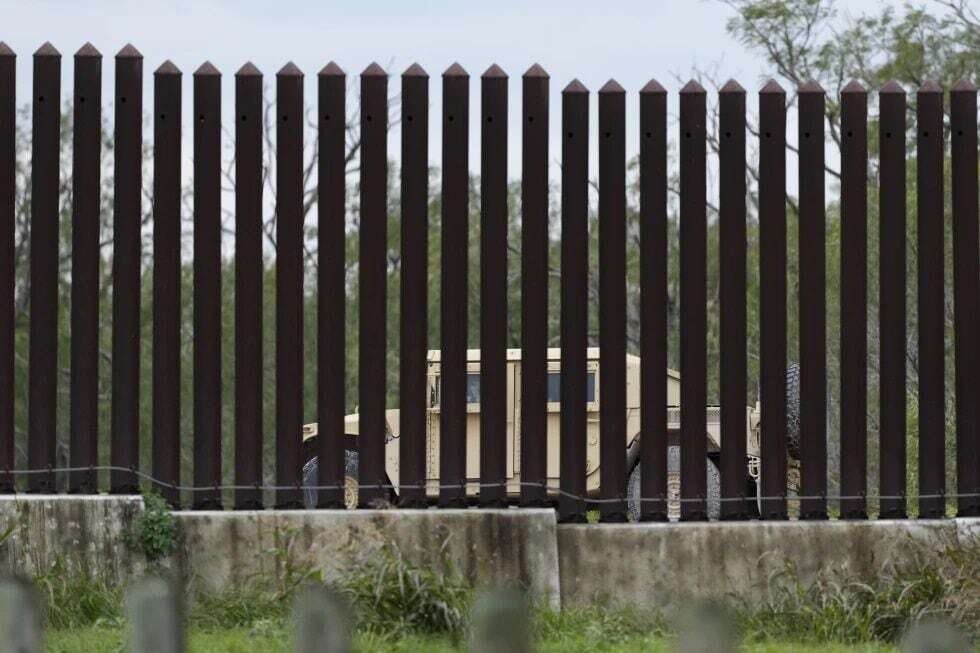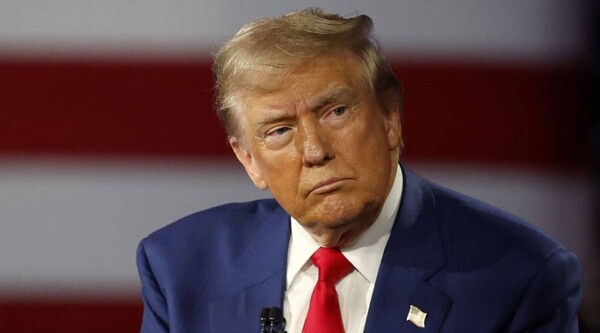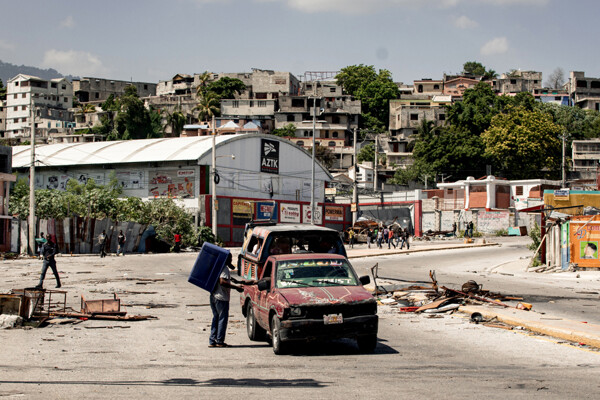
The Pentagon has announced the deployment of around 1,500 active-duty soldiers to the border with Mexico to support the immigration policies of President Donald Trump. With this measure, the number of personnel at the border will rise to about 3,600. The logistics brigade of the Airborne Corps based at Fort Liberty in North Carolina will be dispatched to provide support.
An unnamed U.S. official revealed that the troop deployment is a response to the executive orders signed by Trump shortly after taking office in January. A first group of 1,600 soldiers is already at the border, and another 500 soldiers from the 10th Mountain Division are expected to join in the coming days. Additionally, around 500 Marines have been sent to Guantanamo Bay, Cuba, to assist with the detention of migrants.
Meanwhile, at the Ciudad Juárez border, the Mexican Army and the National Guard have initiated a joint operation to strengthen measures against irregular migration and fentanyl trafficking. During the initial patrol, more than 30 ladders and ropes used by human traffickers were confiscated. These actions are part of an enhancement of surveillance agreed upon between the presidents of Mexico, Claudia Sheinbaum, and the United States, Donald Trump.
Sheinbaum has defended the deployment of 10,000 Armed Forces personnel at the border as a good agreement for Mexico. The president pointed out that these soldiers will be specifically designated to stop the flow of fentanyl and migrants. The objective of the operations at the border is to identify vulnerable areas where constant crossings of migrants and drug trafficking activities occur.
Despite the mixed reactions generated by the presence of military forces and the National Guard in the area, Mexican authorities have intensified inspections in the region to respond to Washington's demands. Experts in immigration policy warn of a possible increase in risks for migrants, who may be forced to seek more dangerous routes due to the increased surveillance at the border.
Amid this context, hundreds of Marines have arrived at the border and are expected to help with the installation of barbed wire barriers and provide necessary transportation, intelligence, and other support to the Border Patrol. The military presence in the area will continue in the coming days, and its effectiveness will be evaluated in coordination with U.S. authorities.














